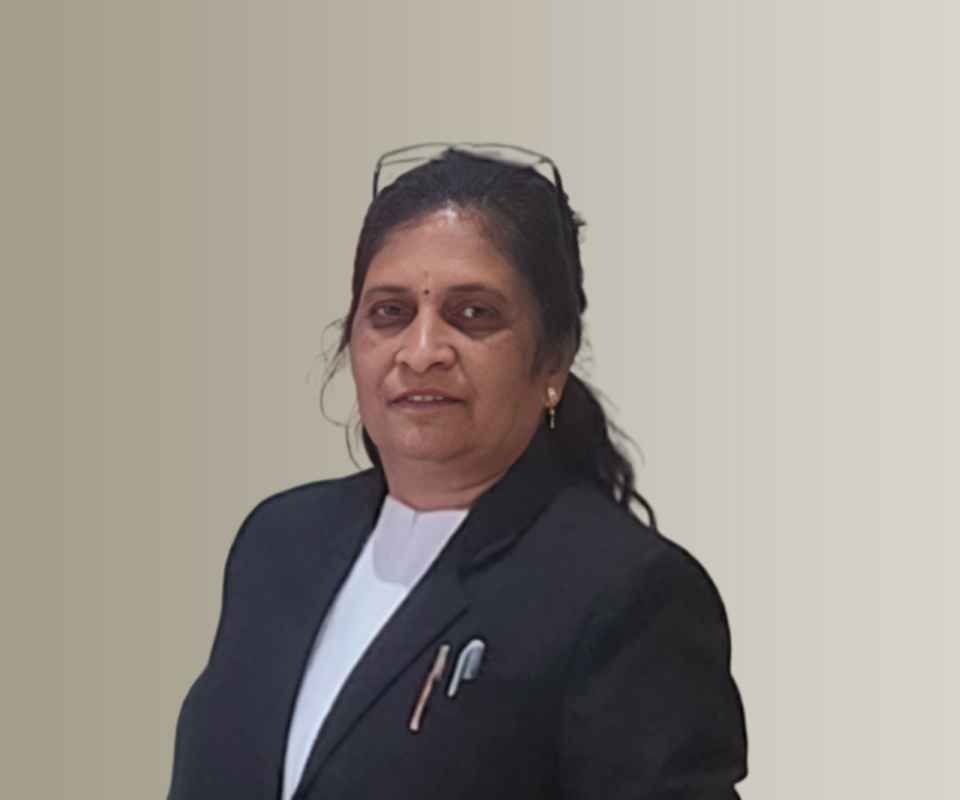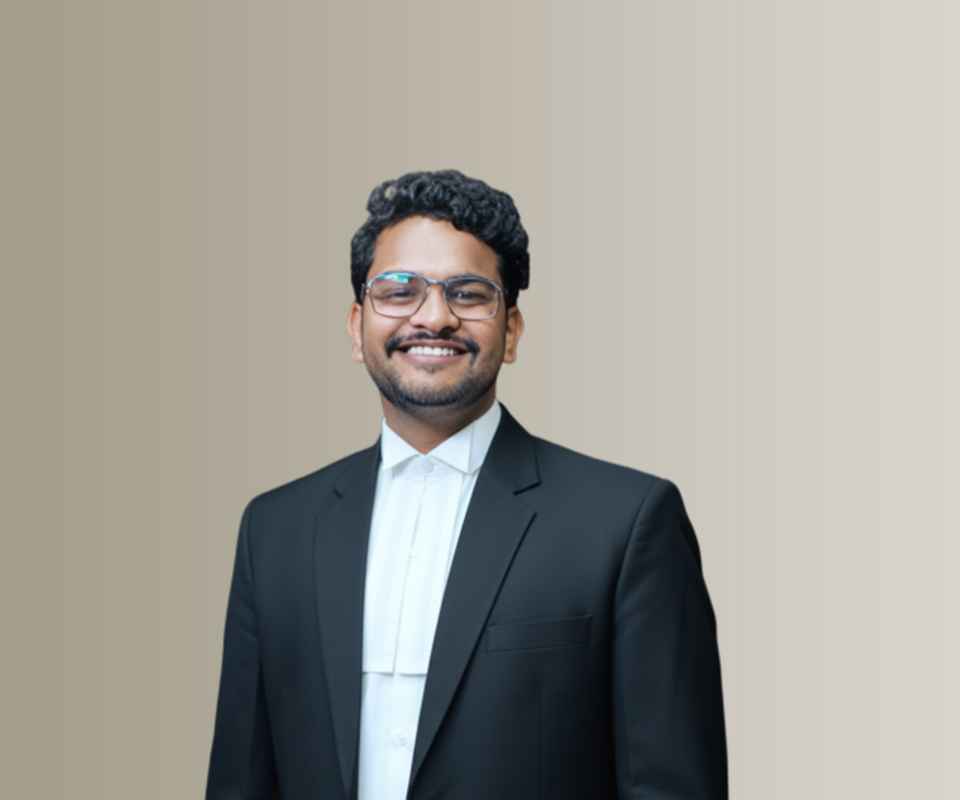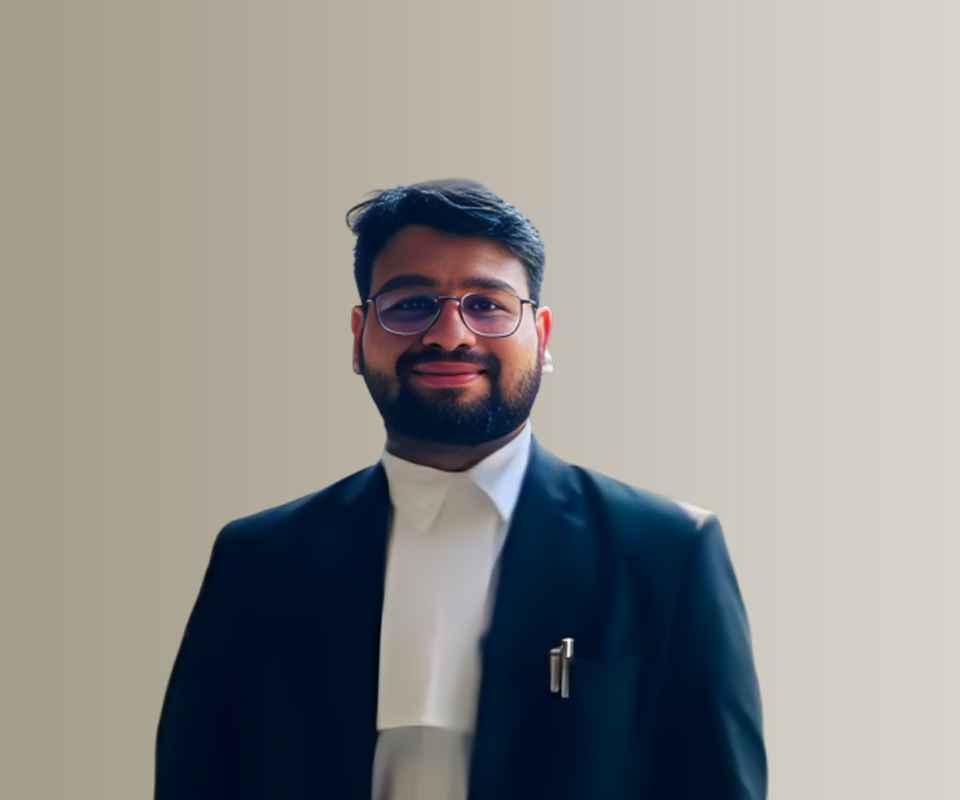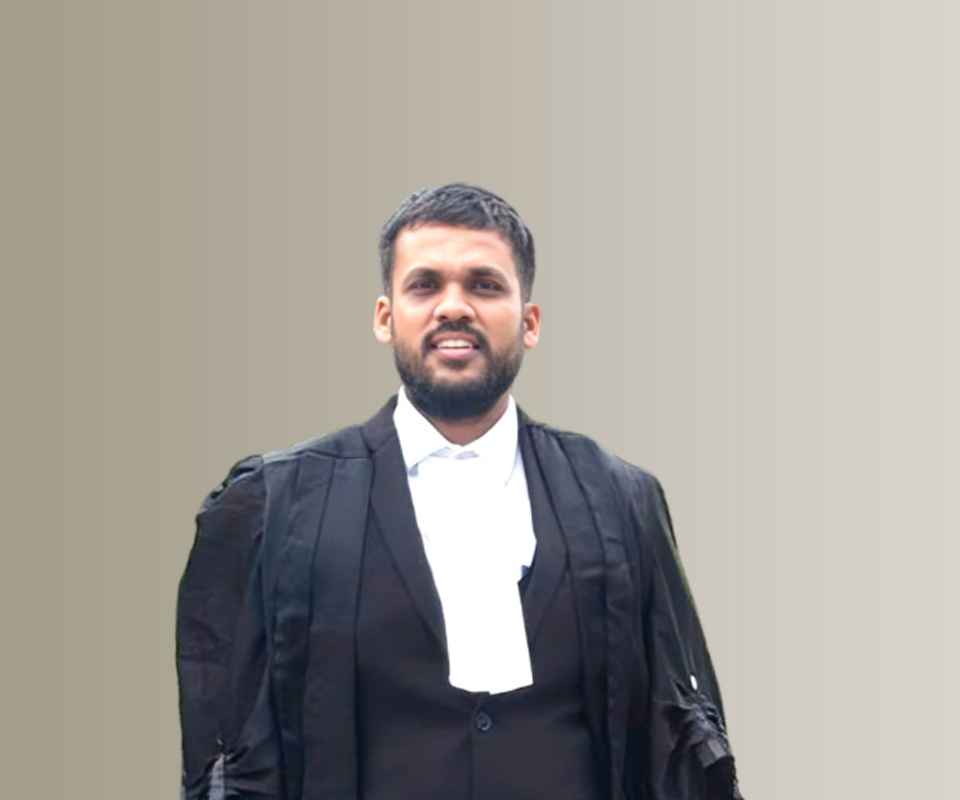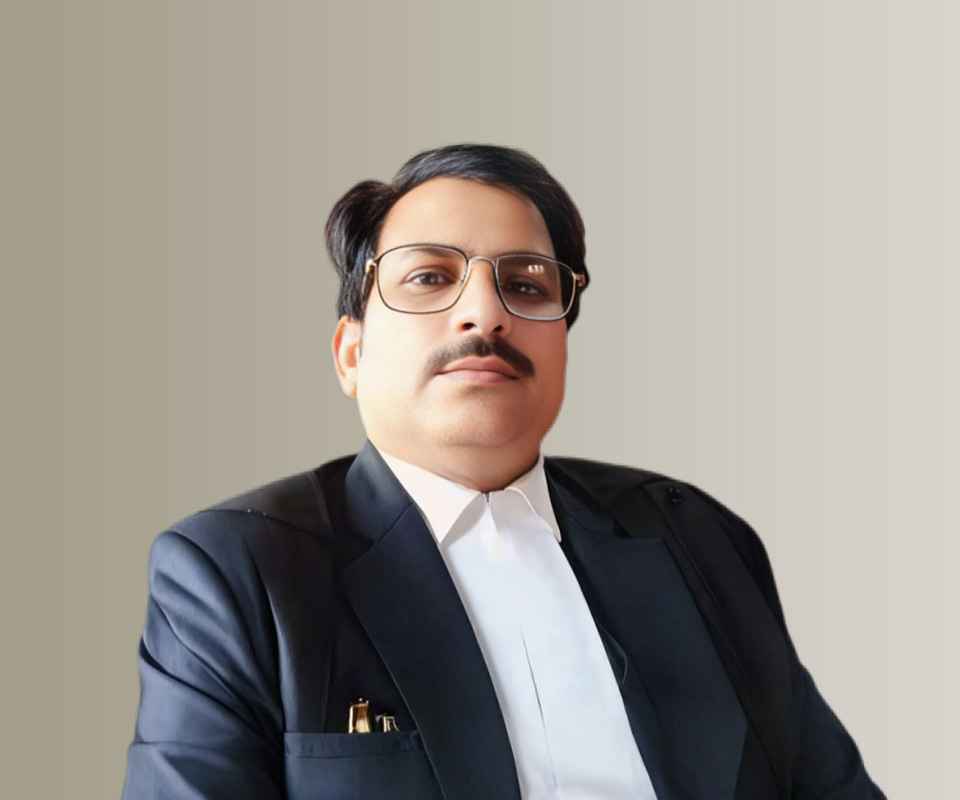Answer By law4u team
Bhartiya Sakshya Adhiniyam, 2023 - Section 60: Cases in which secondary evidence relating to documents may be given
Secondary evidence may be given of the existence, condition, or contents of a document in the following cases, namely: —
(a) when the original is shown or appears to be in the possession or power—
- (i) of the person against whom the document is sought to be proved; or
- (ii) of any person out of reach of, or not subject to, the process of the Court; or
- (iii) of any person legally bound to produce it,
and when, after the notice mentioned in section 64 such person does not produce it;
(b) when the existence, condition or contents of the original have been proved to be admitted in writing by the person against whom it is proved or by his representative in interest;
(c) when the original has been destroyed or lost, or when the party offering evidence of its contents cannot, for any other reason not arising from his own default or neglect, produce it in reasonable time;
(d) when the original is of such a nature as not to be easily movable;
(e) when the original is a public document within the meaning of section 74;
(f) when the original is a document of which a certified copy is permitted by this Adhiniyam, or by any other law in force in India to be given in evidence;
(g) when the originals consist of numerous accounts or other documents which cannot conveniently be examined in Court, and the fact to be proved is the general result of the whole collection.
Explanation.—For the purposes of—
- (i) clauses (a), (c) and (d), any secondary evidence of the contents of the document is admissible;
- (ii) clause (b), the written admission is admissible;
- (iii) clause (e) or (f), a certified copy of the document, but no other kind of secondary evidence, is admissible;
- (iv) clause (g), evidence may be given as to the general result of the documents by any person who has examined them, and who is skilled in the examination of such documents.
Brefe Detail
Section 60 of the Bhartiya Sakshya Adhiniyam, 2023 outlines the circumstances under which secondary evidence can be admitted regarding the existence, condition, or contents of a document. It specifies various scenarios, such as the original being in someone else's possession, being lost or destroyed, or being a public document. The section also details what types of secondary evidence are permissible in these cases.
Question & Answers
Q1: When can secondary evidence be given according to Section 60?
A1: Secondary evidence can be given when the original document is in someone else's possession, has been destroyed or lost, is not easily movable, is a public document, or when the original consists of numerous documents that cannot be conveniently examined.
Q2: What happens if the person in possession of the original document does not produce it?
A2: If the person does not produce it after receiving notice, secondary evidence may be admitted.
Q3: Is written admission considered secondary evidence?
A3: Yes, written admissions regarding the existence, condition, or contents of the original are admissible as secondary evidence.
Q4: What type of secondary evidence is admissible when the original document is lost?
A4: Any secondary evidence of the contents of the document is admissible if the original has been lost or destroyed.
Q5: Can a certified copy of a public document be used as secondary evidence?
A5: Yes, a certified copy of a public document is admissible, but no other kind of secondary evidence is allowed for public documents.
Example
- Example 1: If a contract is lost, a party may present secondary evidence, such as witness testimony regarding its terms.
- Example 2: If a public record is required and the original cannot be found, a certified copy can be submitted as evidence.
- Example 3: A collection of financial documents that cannot be examined conveniently in court may allow testimony regarding their general results by an expert.
Summary
Section 60 of the Bhartiya Sakshya Adhiniyam, 2023 establishes the conditions under which secondary evidence regarding documents is permissible. It highlights scenarios like the unavailability of the original document and outlines the types of secondary evidence that can be admitted, emphasizing the need for proper verification and contextual relevance in legal proceedings.
